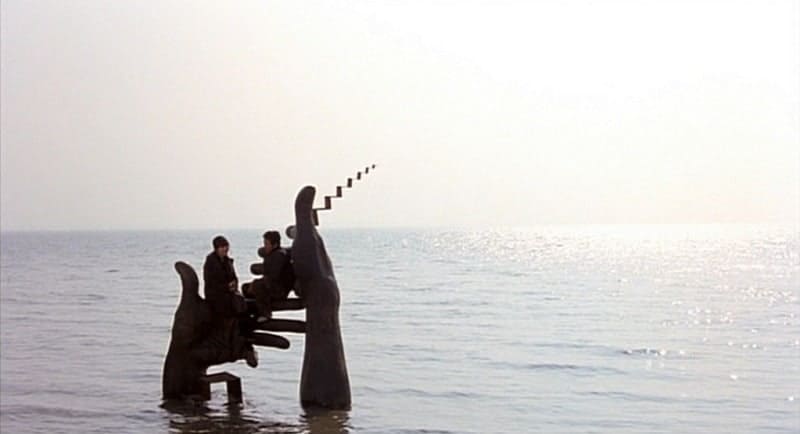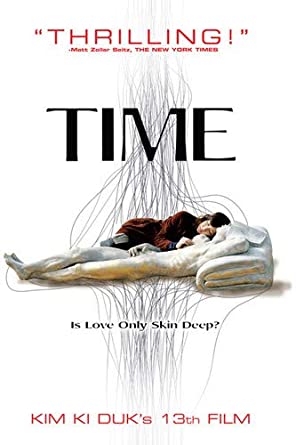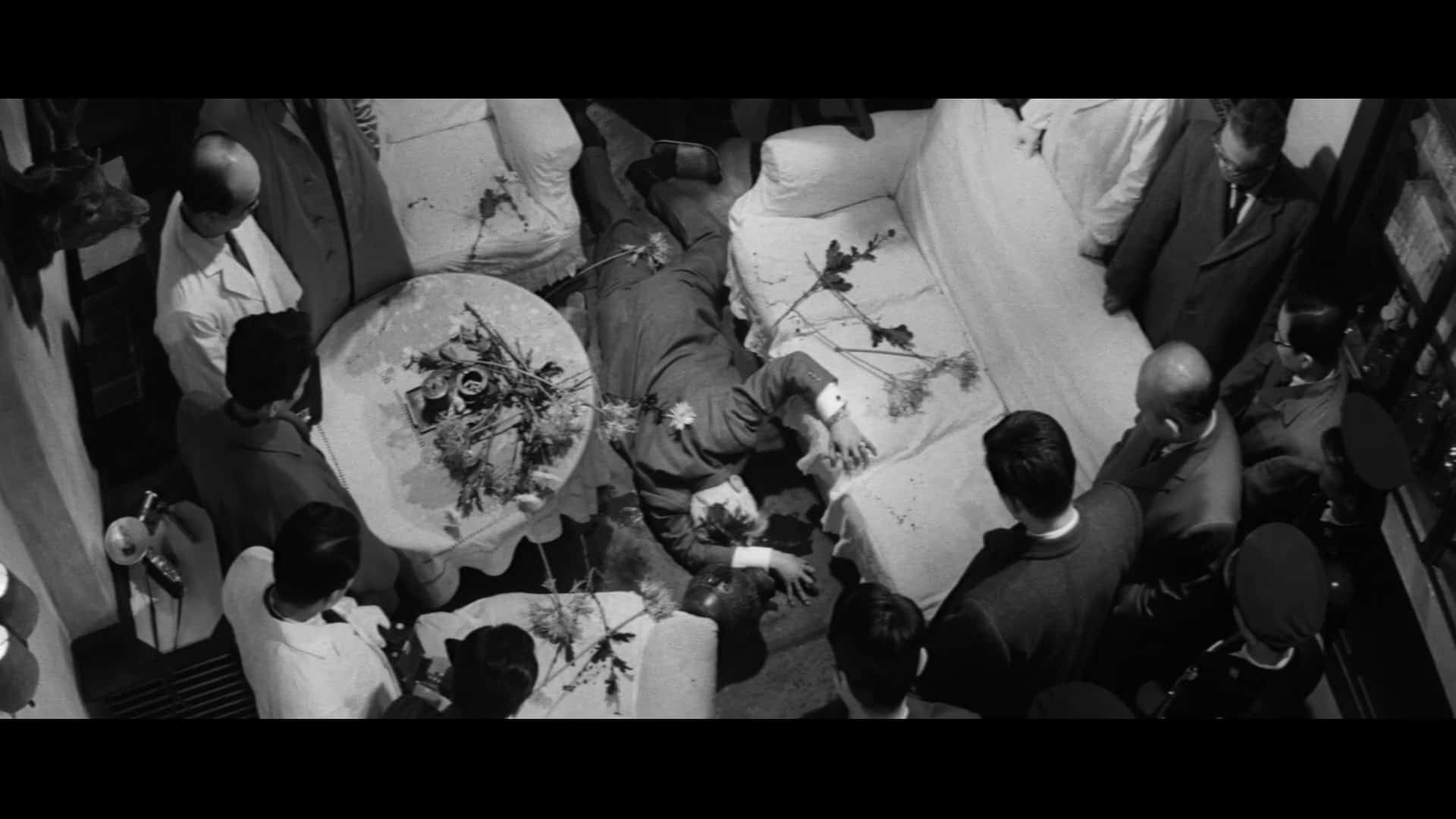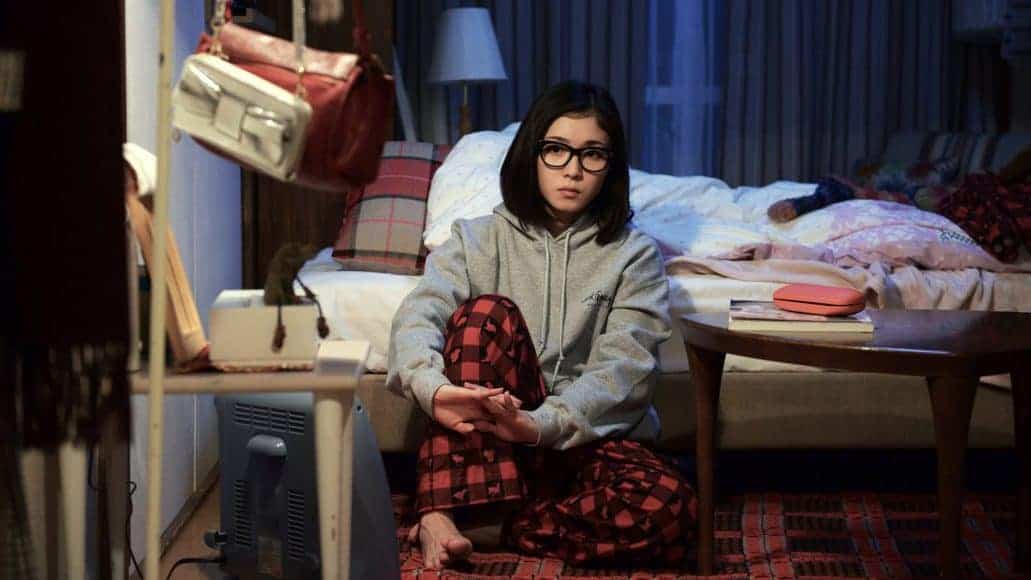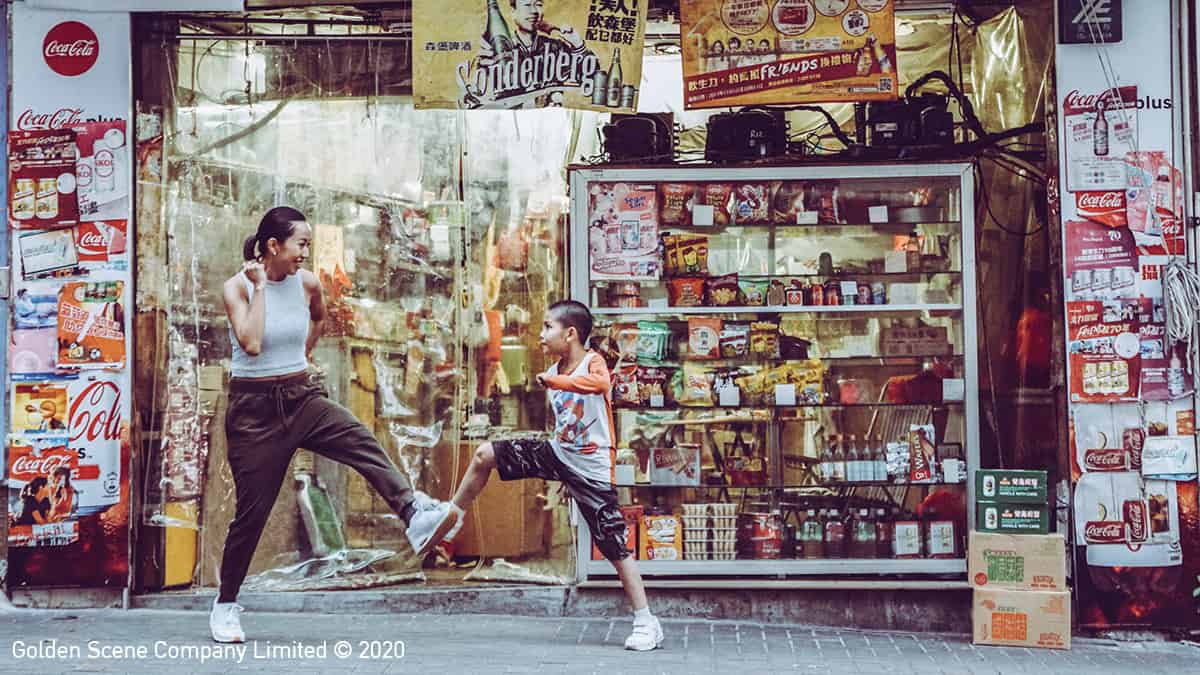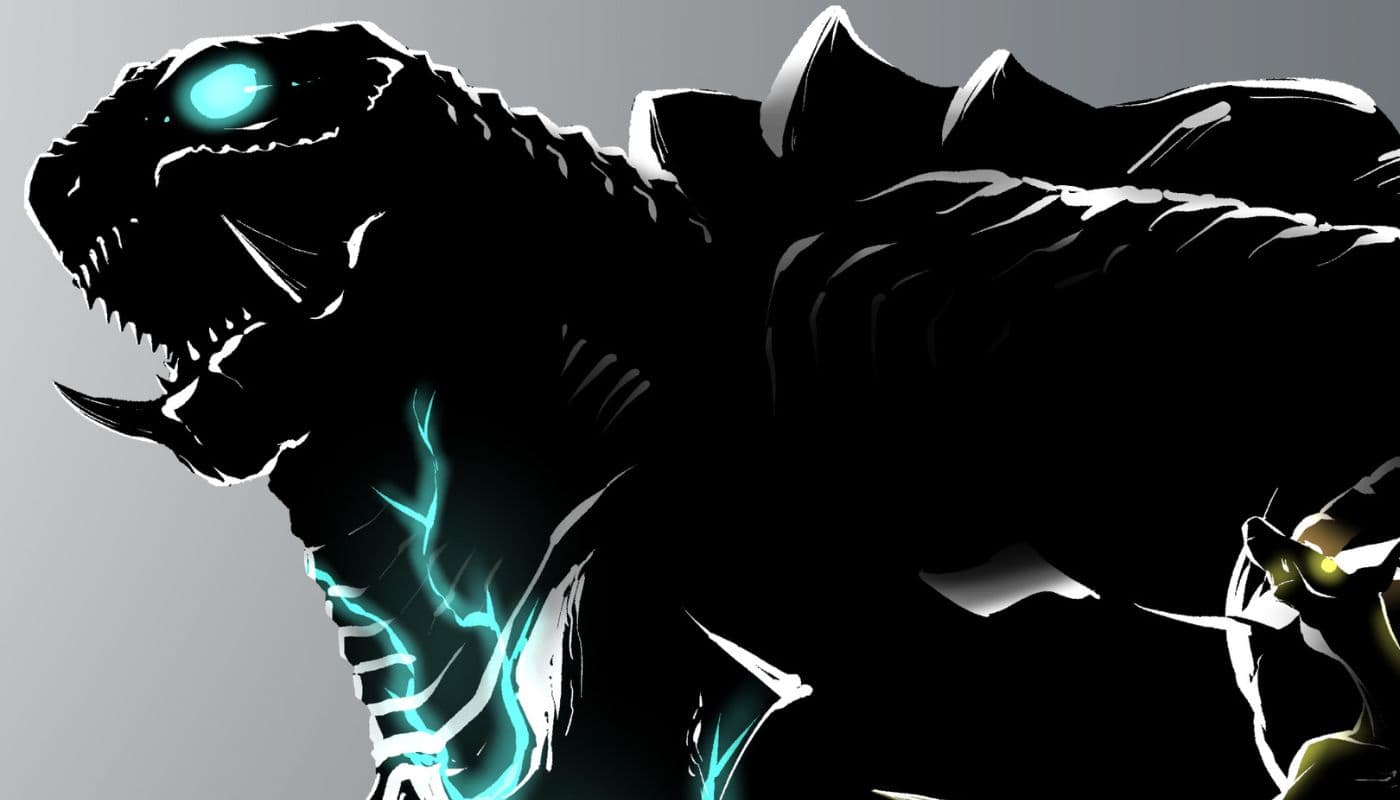Handsome is as handsome does, but if we are being honest to ourselves, then look is perhaps more important than we might want to admit. In societies where appearance does affect relationships, which is to say most societies, people are prone to take drastic actions to acquire the right look or body shape. Borrowing from this age's obsession with looks, Kim Ki-duk imagined a necessarily involved love story in “Time” where love and identity are not transcendental but inextricably bound up with appearance and time. Our look is a marker of our identity, and our identity is in turn a marker of time, inevitably shaped and constrained by it. What will happen to our identity and relationships if our appearance changes over time? Or if it doesn't change at all? And love, will it always stay the same?
Buy This Title
“Time” starts with the upsetting footage of a cosmetic surgery. Then we see a woman stepping out of a beauty clinic, her face concealed behind a mask and a pair of sunglasses, her identity unknown to us. Seh-hee (Sung Hyun-ah), rushing to meet her boyfriend, bumps into the woman, whose picture frame drops to the ground and breaks into several pieces. Seh-hee hurriedly picks up the frame, apologizes, and carries it off to the cafe where her boyfriend is waiting.
Upon entering, she couldn't fail to notice that her boyfriend Ji-woo is ogling a pretty and cheerful-looking waitress, which invokes her feelings of insecurity about his commitment to their relationship. Despite his repeated reassurances, Seh-hee only grows more triggered and insecure, and ends up causing quite a mess at the cafe, embarrassing both herself and Ji-woo. Her insecurity bubbles over the surface again when they are in bed, and Seh-hee apologizes for boring him with the same face, which Ji-woo cannot quite get his head around. Except for that sullen look that her face seems to perpetually wear, Seh-hee is a very good looking woman, and while Ji-woo does sometimes ogle other women, he loves her all the same. What on earth could she be unhappy about? Before he can even come to terms with her strange thoughts, Ji-woo finds out the next day that she has disappeared from her apartment without so much as a word to him and then…returns with a new look.
“Time” might not be Kim Ki-duk's strongest work, and several reviews even point to its flaws, but it's my favorite of his oeuvre. The philosophical questions that drive the narrative are unsettling and only beget more questions. While Kim does depict cosmetic surgery as psychologically damaging to both the ones who undergo it and their loved ones, it's unclear if he really tries to debunk lookism. Instead, the narrative seems to grapple with both the cruelties of defacement and the necessities of it. Seh-hee's self-doubts about her appearance drive her further from the love she has envisioned, but also closer to truths. Is what happens at the end of the film Seh-hee's self-inflicted tragedy, or something that'll happen when the time comes regardless of her earlier choices?
Sung Hyun-ah as Seh-hee pulls off a very powerful performance and easily outshines all of her co-stars, including Ha Jung-woo, who nevertheless renders a decent portrayal of an eye-roving but devoted boyfriend. Complementing the film's intricate narrative is the inexorably beautiful imagery that throws viewers into a wistful state. Most places and objects featured in the film retain a simple, unsullied charm, from the private rooms of Seh-hee and Ji-woo to the many photos of the couple, to the sculpture park whose statues seem to defy notions of time and changes. Moments of love might be carved in stones and preserved in static photos, stubbornly unchanging. Love, however, cannot shield itself against the unrelenting force of time.
The film ends where it starts, trapped in a loop that viewers too cannot escape from. A fitting choice, for do humans ever exist outside of time?


